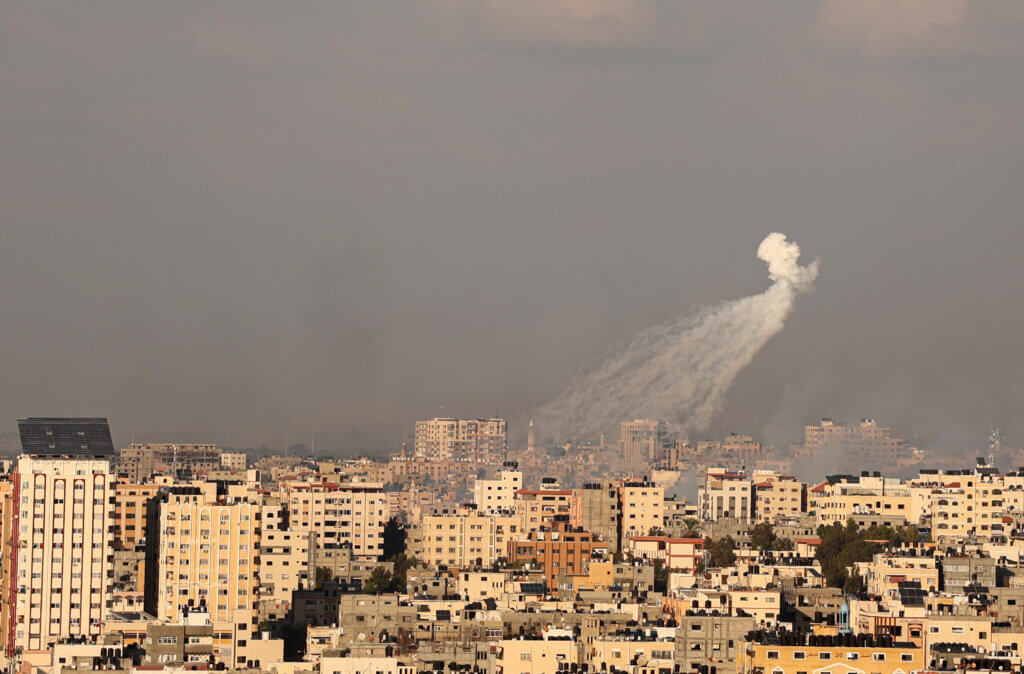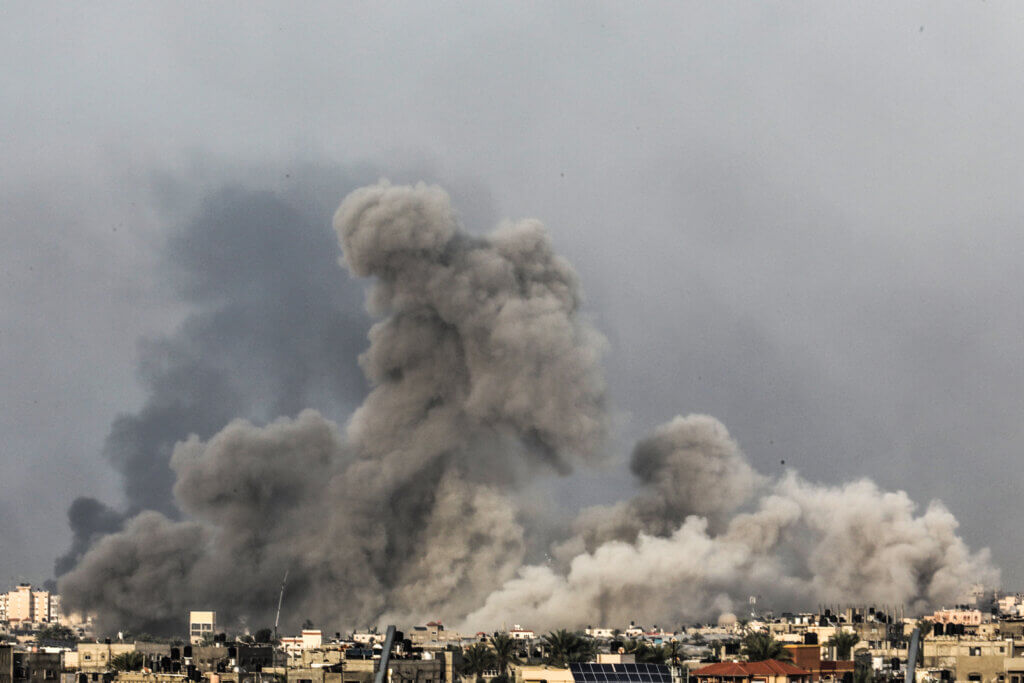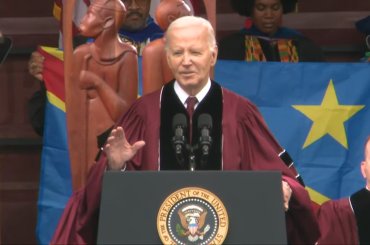The Bible teaches us that the sky is the great transmitter of God’s ire and his grace. It is the celestial space that rains thunder over a troubled mankind or bread unto weary, hungry travelers, but seldom, if at all, both at once.
The sky, a bright, blue-hued window to infinity, is not the same expanse for everyone —that wide open thing stretching out to the horizon: beacon of nothingness and calm, meditative charmer, sleepy soother. For some, that very sky is a hostage taker, arresting all life beneath, paralyzing it in profound fear or hatred.
I first learned this back in July 2013 when I was reporting on then-President Barack Obama’s double-tap drone strikes over Yemen, when a young woman from Sanaa, Farea al-Muslimi, told GlobalPost, the publication I then worked for, that “just like when Americans looked up and saw that second plane targeting the Twin Towers in 2001, Yemenis feel the same terror. It’s something you can’t anticipate or know where it will target next. Yemenis have begun hating the sky.”
Now, imagine looking up at the embattled sky to see those planes coming every day for five months. The sky over Gaza is corrupted — has been weaponized. From it descends incendiary roaring thunder and clapping gunfire of biblical proportions. The sky over Gaza is a terrorist, made so by the state-sponsored terrorism that enlisted it. Now, the United States, which has been funding the Israeli war on Gaza without limit, wants to use that sky for “good” as it issues an airdrop campaign delivering aid that doubles as a test and a lesson for Gazans: Do you believe in the American savior?

The biblical Miracle of the Manna was preeminently about a test of faith, as much as it was a thematic lesson on reliance on God, and the fair treatment of all. For the U.S., the promise of air-dropped aid over Gaza — their very own miracle manna falling from the heavens — seems to come not just as too little nearly too late, but as the spectacular performance of a military-grade God complex, issued by the very state that has made Gaza’s humanitarian crises not just possible but unspeakable.
This is not an act of goodwill. It is yet another spectacle of war which, if left undeciphered by the masses, will serve only to allay the largely superficial guilt we in the so-called West perform publicly because we don’t know how else to engage with the grief and perceived powerlessness of our positioning in meaningful, impactful, and deeply personal ways.
Despite understanding that President Joe Biden’s plan will have very limited impact on the ground, that airdrops are notoriously better optics than they are operations for aid delivery, and that they don’t “deal with the root cause” of the suffering currently enveloping Gaza, the Biden administration has made no commitment to anything other than the assurance that this “isn’t going to be one and done,” according to White House spokesperson John Kirby. Meanwhile, Palestinians continue to subsist “closer to death than to life,” within the constricting, vitality-draining grip of continuous bombardment, sustained starvation, and dire medical straits.
For their part, the American airdrops provide the Palestinians their own test of faith in and lesson on the reliance on the God-West and its benevolent “fair treatment” of all. A faith in a “God” that has cast its faith onto the Israeli state, in hoping for a temporary ceasefire agreement by March 10 that can relieve Gazans by opening the aid floodgates.
“We need to do more, and the United States will do more,” Biden told reporters on Friday, March 1, a day after more than 100 Palestinians were killed by Israeli forces when they opened fire on a convoy of aid trucks in northern Gaza.
But here is only the reminder of the oscillation of the sky — between punishment and mercy, terror and relief. One day, it rains bombs, the next, bread (if only it were possible to get food into Gaza with the ease with which we are able to get weapons into Israel). On some days, like Saturday, March 3, when the first airdrop descended in the north as an Israeli “precision attack” killed at least 11 in the south, it rains both.
If the U.S’s God complex holds truth in any capacity, it is in that of the nation’s omnipotence, for better or worse. Like we alone have the power to successfully, legislatively kill calls for a permanent ceasefire echoing loudly all around the world, we have the power, too, to call for an end — not a “pause” — to the slaughter creating the humanitarian crises in the first place.
Anything short of that act is a distraction at best, and an abuse of power at worst. The level of desperation in Gaza is such that the incoming aid drops will provide what little relief they can — the first 38,000 meals have gone as far as they could be stretched across the more than half a million people facing famine conditions as an invasion of Rafah looms. But we already know it is not enough. And what happens when the manna stops? Besides near-empty gestures toward the appearance of fair treatment for all and the virtue signaling of Kamala Harris’s call for a “pause,” what are we asking Palestinians to deposit their faith into?



This article is beautiful from a literary art perspective and to the extent that “beauty” and horror can be miscible. The Palestinians know that they can deposit their faith into God; that repository always pays dividends.